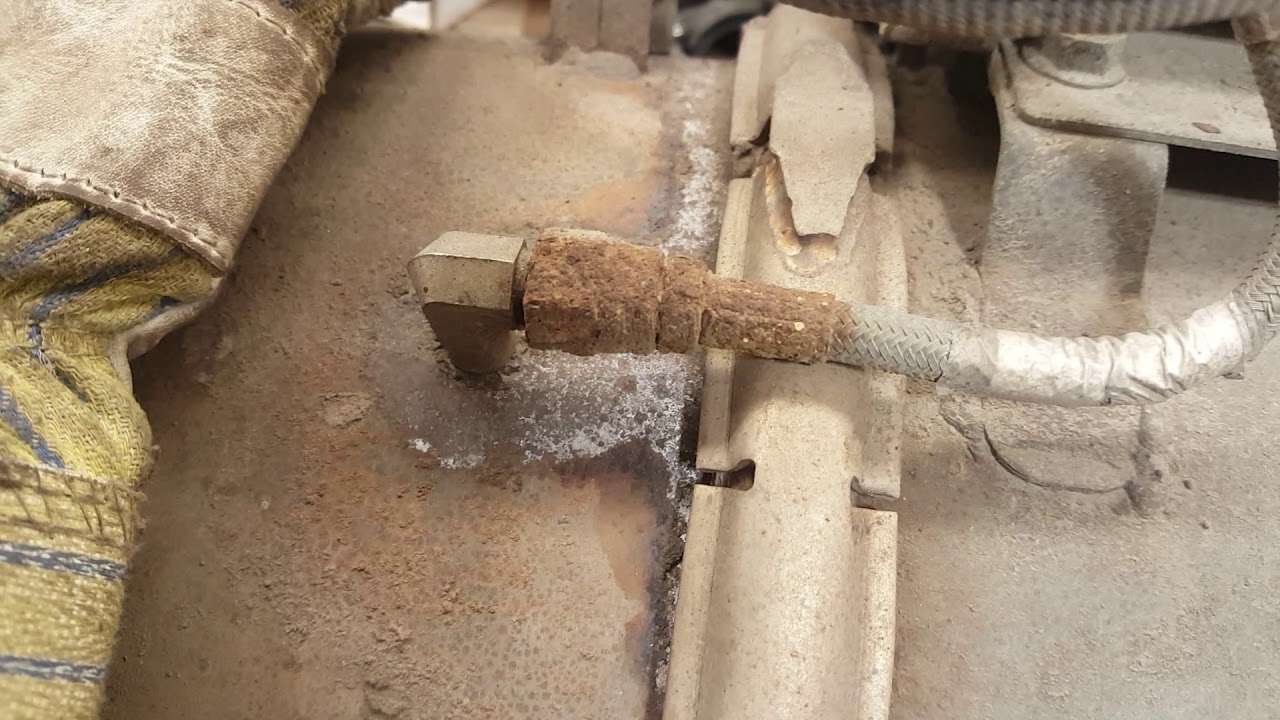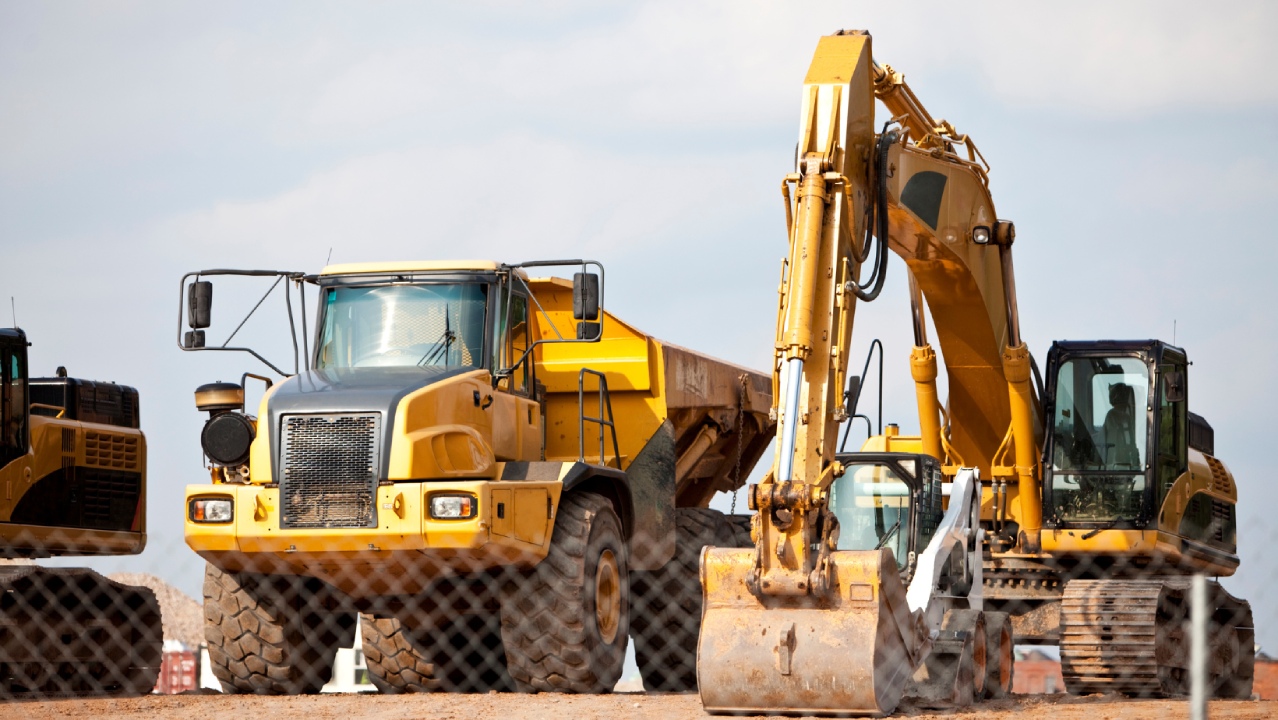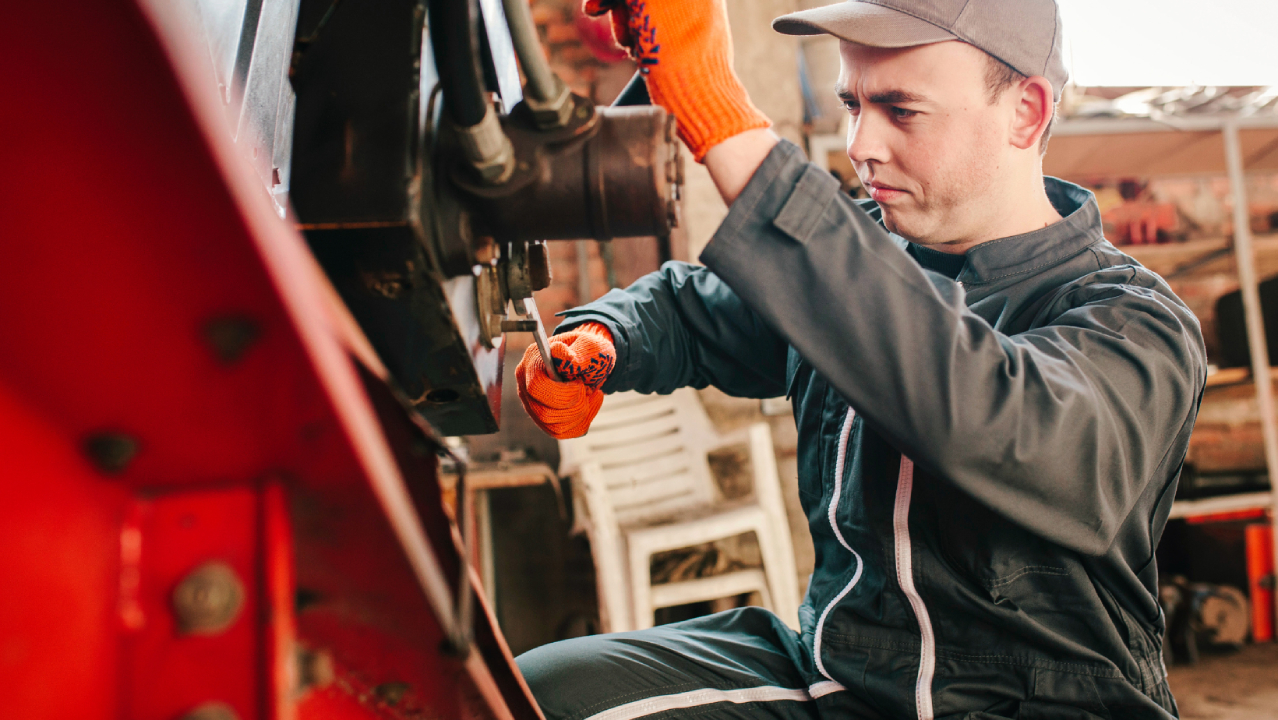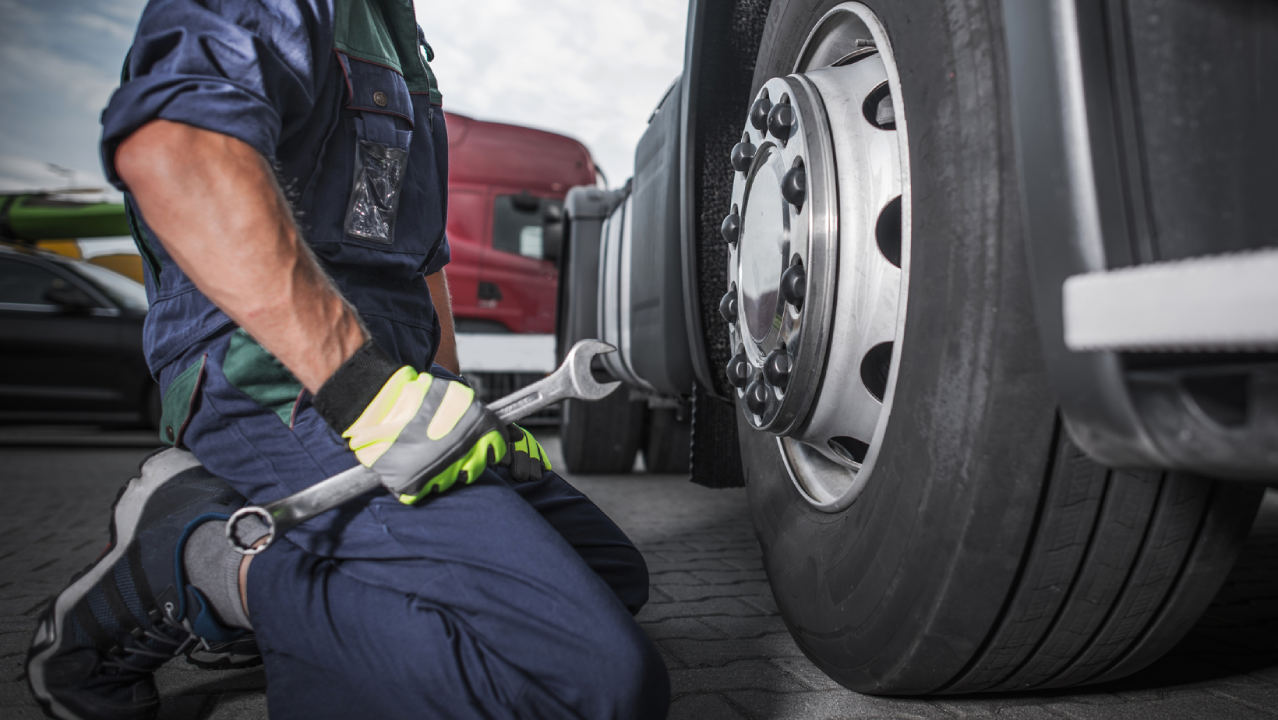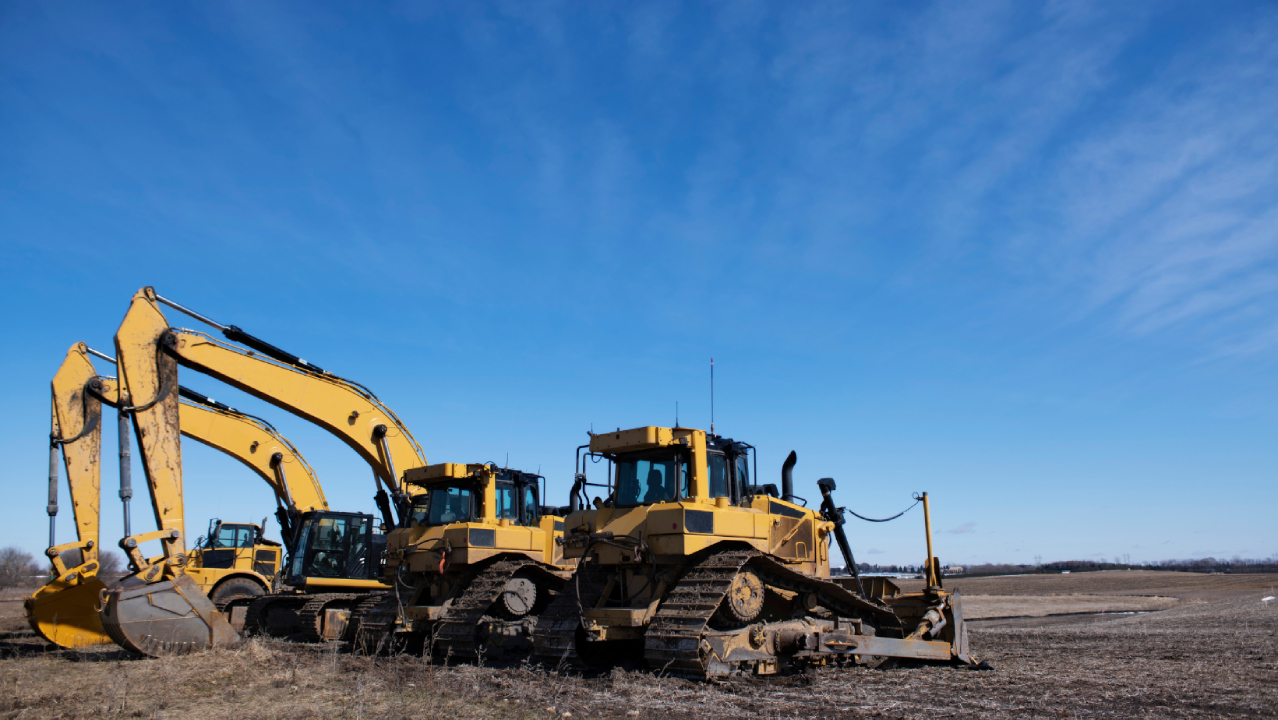It doesn’t matter who you talk to preventing problems is natural. Prevention is a big word when it comes to anything mechanical that runs on wheels. This 2007 Thomas rear engine pusher school bus is going through several repairs. The diesel particulate filter needs cleaning because of an engine code which indicated that there was a restriction.
As seen in the video we luckily had a spare DPF which came from a retired bus that allowed us to have one ready to go. That means the down time is significantly reduced. Down time is a hassle for anyone depending on a vehicle to transport people and goods. The inconvenience is huge if there aren’t any spare units available. Running a fleet of school buses forces me to think of short cuts that will save time and of course…money in our budget.
The three hundred to four hundred dollars to get the DPF (diesel particulate filter) and DOC (diesel oxidation catalyst) cleaned is well worth it. This means less resistance to flow and fewer emission issues. Usually if the pressure differential gets to 5 psi the MIL (malfunction indicator lamp) comes on along with the engine fault code light. A parked regen will sometimes fix this problem cooking out the soot and ash out of the DPF. If all the onboard regens don’t help the filter has to be removed and sent out to a shop that has the cleaning equipment.
The equipment to clean the DPF is very expensive so the cleaning cost is worth it. Mercedes recommends the DPF be cleaned every 125,000 km or if a problem pops up prematurely. Puttering around town with an emission vehicle is unadvisable since the exhaust must run hot to keep up with passive regen while the vehicle is operating. A perfect scenario would be never having to do parked regens…….a dream come true.
A casual half hour highway run would do a world of good for the emission system 2 or 3 times a week. Wheel chair buses are famous for clogging up the diesel particulate filter because of their constant stop and go short haul driving. Once the filter gets clogged even partially it may be too late for onboard regens. It has to go through the remove and clean procedure. Right now we are keeping up with the emission buses we have in the fleet.
The technology has changed drastically since the emission controlled Mercedes diesels came out in 2007. Now SCR (selective catalytic reduction) has taken over with the addition of DEF (diesel exhaust fluid) to further reduce emissions in addition to the original DPF and EGR systems.
